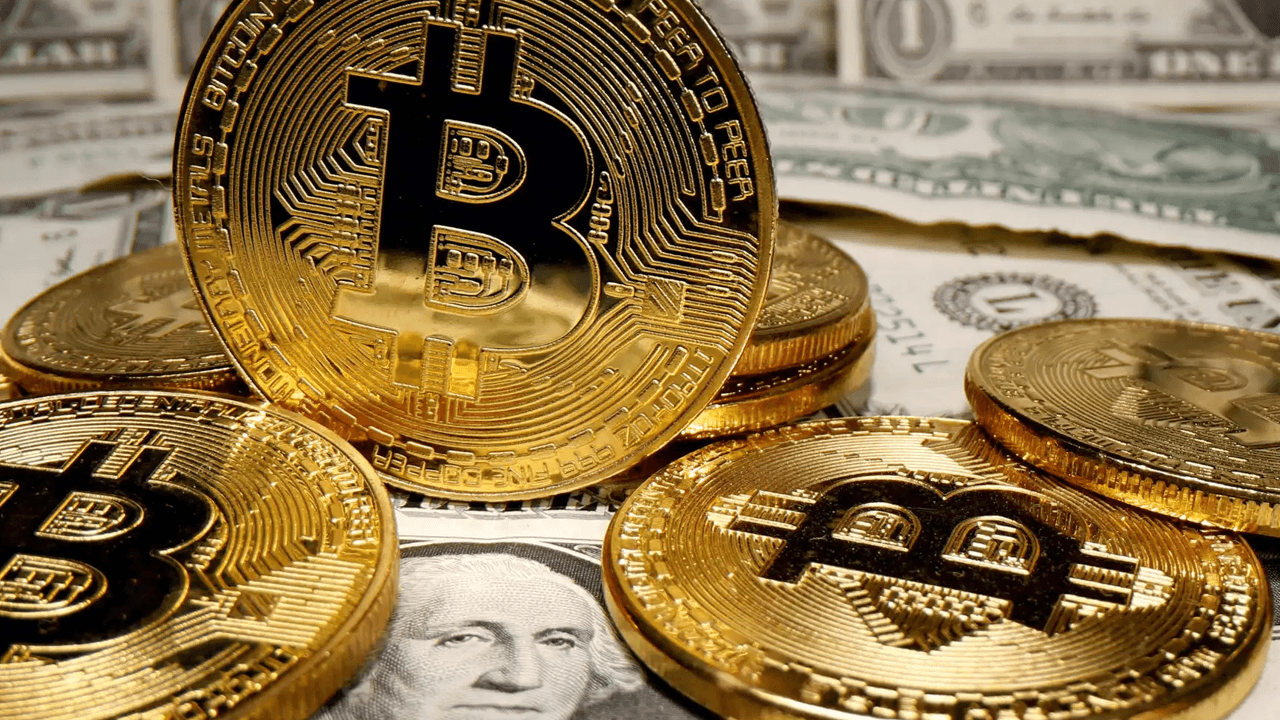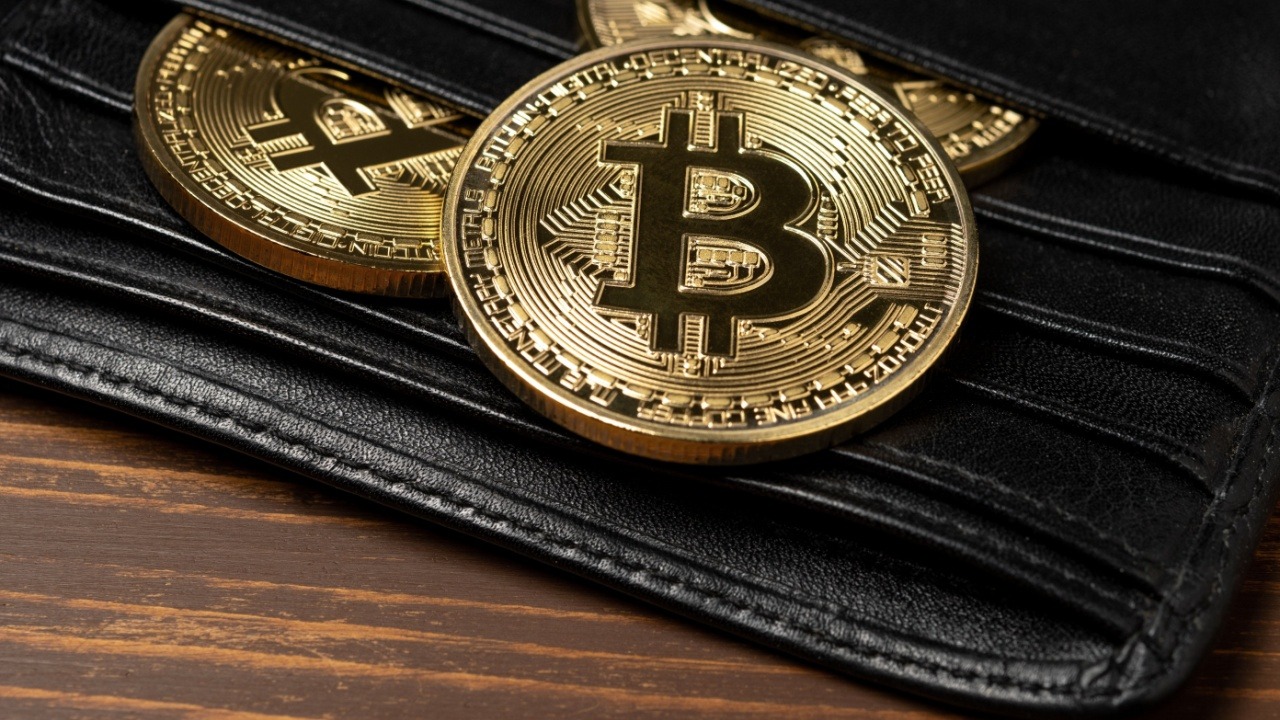The Surge in Global M2 Money Supply and Its Impact on Bitcoin
In the ever-evolving world of finance, two significant figures have recently grabbed the attention of investors and economists alike: the global M2 money supply reaching an all-time high of $108.4 trillion, and Bitcoin’s continued existence as a digital asset. Let’s delve into these developments and explore their potential connection.
Global M2 Money Supply: What’s the Big Deal?
Before we discuss Bitcoin, let’s take a moment to understand the M2 money supply. M2 is a measure of the total amount of money available for spending and investing in an economy. It includes cash, checking deposits, and easily-convertible near money. The recent surge in M2 money supply can be attributed to the unprecedented monetary policies implemented by central banks worldwide to mitigate the economic impact of the COVID-19 pandemic.
Bitcoin: The Digital Alternative
Bitcoin, on the other hand, is a decentralized digital currency that operates independently of a central bank. It was created in 2009 as a response to the global financial crisis, with the aim of providing an alternative to traditional fiat currencies. Bitcoin’s value is determined by market forces, making it an intriguing option for investors seeking to hedge against inflation or currency devaluation.
The Connection: Inflation and Bitcoin
The massive increase in the global M2 money supply raises concerns about potential inflation. Inflation occurs when there is too much money chasing too few goods, leading to an increase in prices. Bitcoin, being a scarce digital asset with a limited supply of 21 million coins, could potentially act as a hedge against inflation. Some investors believe that as the value of traditional currencies decreases due to inflation, the value of Bitcoin could increase.
Impact on Individuals
For individuals, the surge in the global M2 money supply and the potential for inflation could mean decreased purchasing power. However, Bitcoin’s limited supply and decentralized nature make it an attractive alternative for those looking to protect their wealth. It’s essential to remember that investing in Bitcoin carries risks, and it’s crucial to do thorough research and consider your financial situation before making any investment decisions.
Impact on the World
On a larger scale, the surge in the global M2 money supply and the potential for inflation could lead to economic instability. Central banks may respond by raising interest rates to combat inflation, which could negatively impact economic growth. Bitcoin, as a decentralized alternative, could potentially provide a hedge against this instability. However, it’s important to note that Bitcoin is still a relatively new and volatile asset, and its impact on the global economy is yet to be fully understood.
Conclusion
The surge in the global M2 money supply to an all-time high of $108.4 trillion and the continued existence of Bitcoin as a digital asset have raised fresh questions about their potential connection. While the M2 money supply could lead to inflation and potential economic instability, Bitcoin’s limited supply and decentralized nature make it an intriguing alternative for individuals seeking to protect their wealth. However, it’s essential to remember that investing in Bitcoin carries risks, and it’s crucial to do thorough research and consider your financial situation before making any investment decisions. Only time will tell how these developments will unfold, but one thing is for sure – the world of finance is in for an exciting ride.
- M2 money supply reaches all-time high of $108.4 trillion
- Bitcoin’s limited supply makes it an attractive alternative during inflation
- Central banks’ response to inflation could impact economic growth
- Individuals should consider their financial situation before investing in Bitcoin





